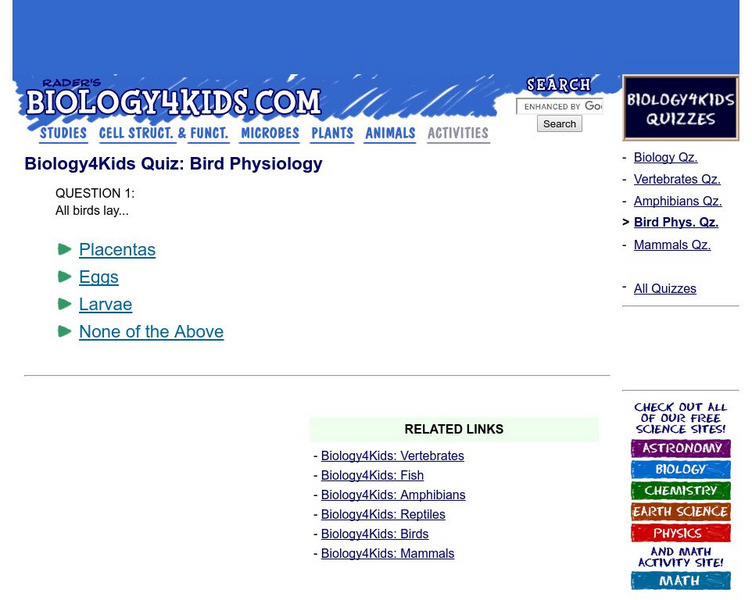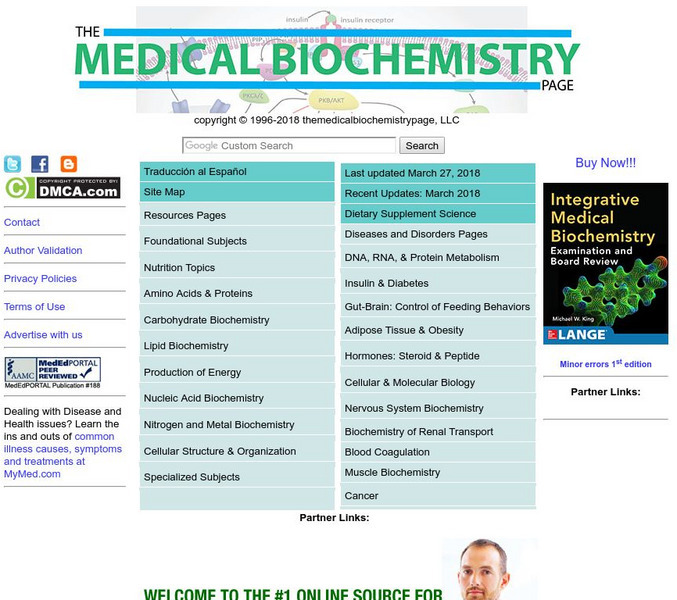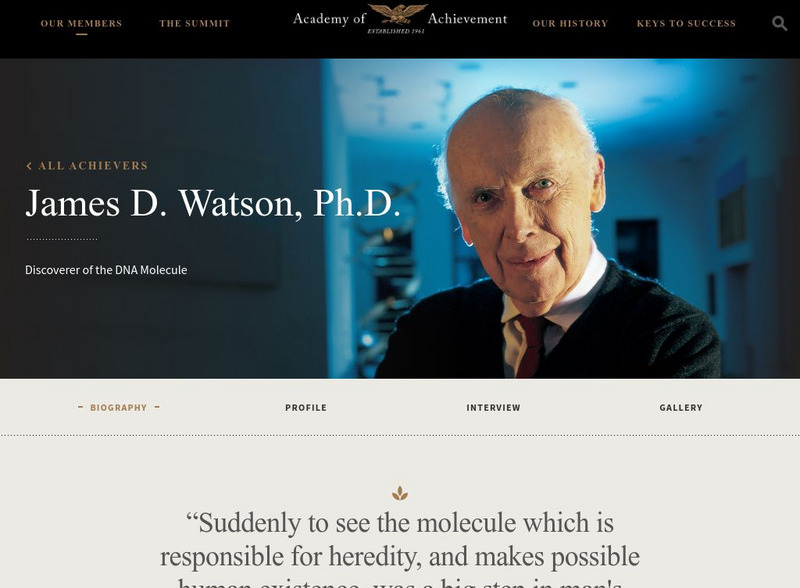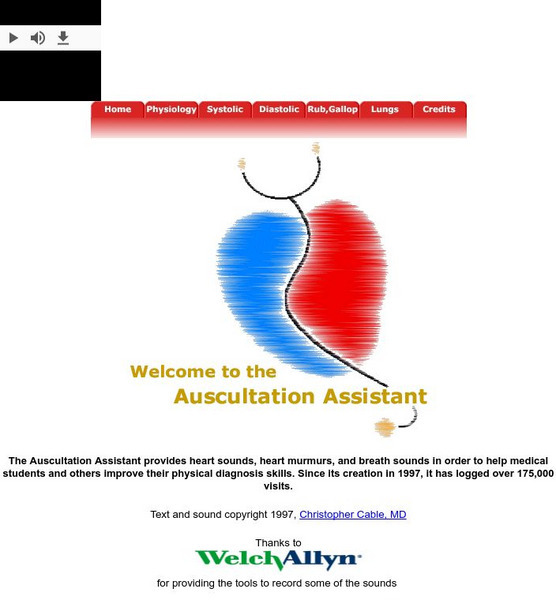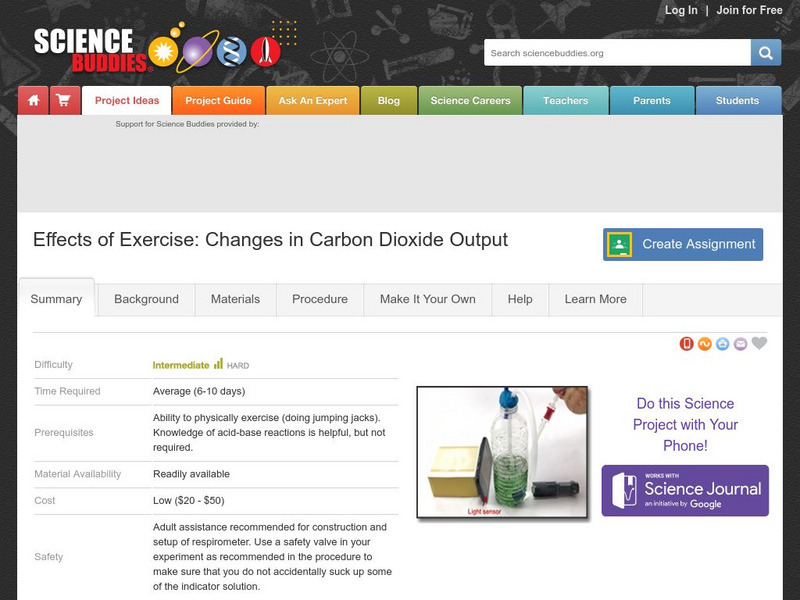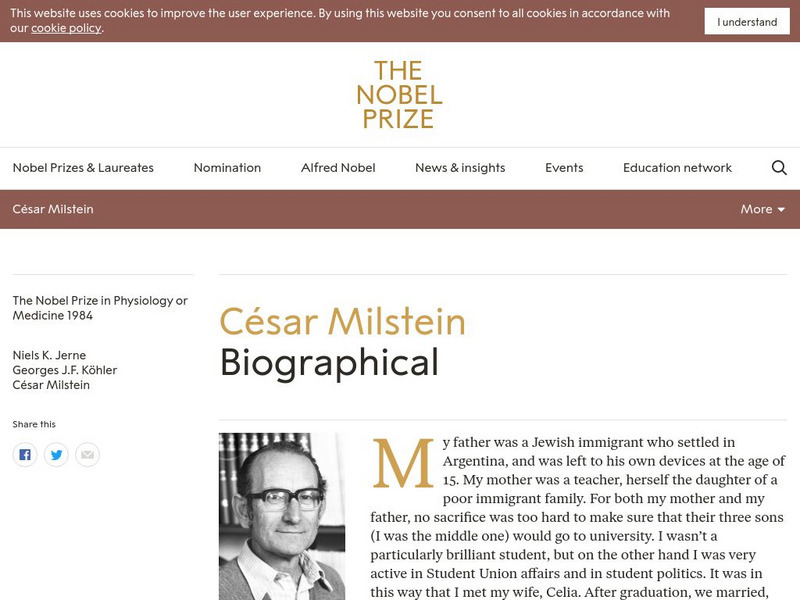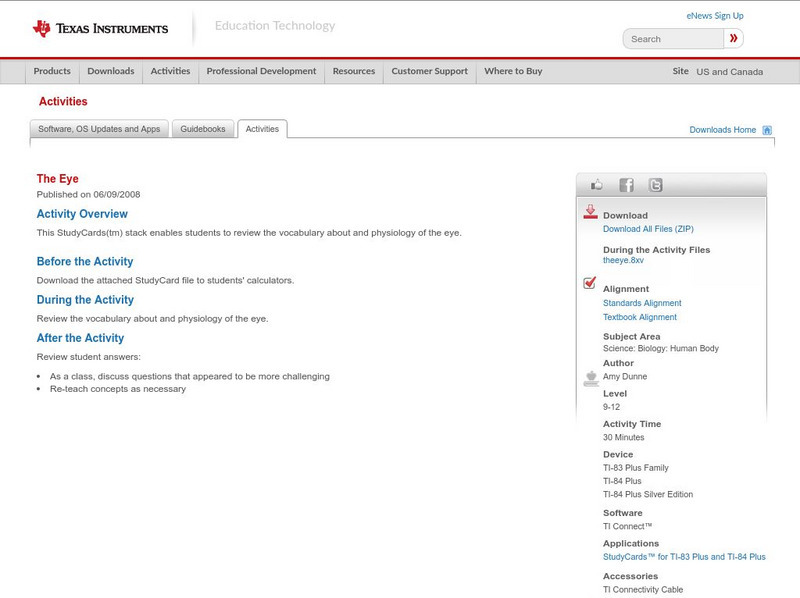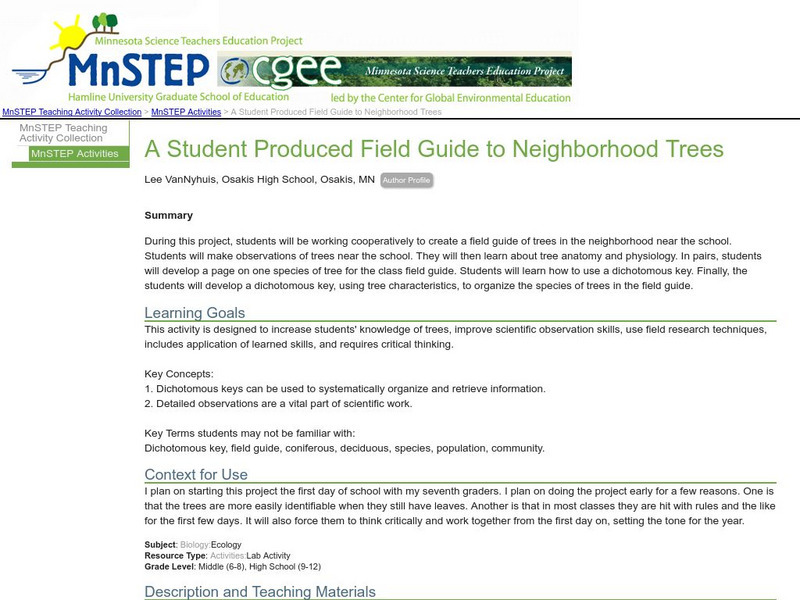OpenStax
Open Stax: Anatomy & Physiology: Skeletal System Functions
This site helps you understand the human skeletal system, a body system composed of bones and cartilage that performs critical functions for the human body.
OpenStax
Open Stax: Anatomy & Physiology: The Peripheral Nervous System
Describe the structures found in the peripheral nervous system and the functions of those parts in the human body.
Davidson College
Physiology of Bioluminescence in Marine Animals
This physiology project page covers bioluminescence, how it works, what organisms are capable of it, and its purpose.
Texas A&M University
Human Physiology in Space
Learn about some of the environmental challenges facing humans in space.
Other
Get Body Smart: Urinary System: Anatomy and Physiology
This innovative resource investigates the kidneys. Topics include the external and internal anatomy of the kidneys, histology of the cortex region, and histology of the medulla region.
Biology 4 kids
Biology4 Kids: Quiz: Bird Physiology
Take this ten-question review quiz over the Class Aves. Read more about each question after an incorrect answer is given.
BioMan Biology
Bio Man Biology: Angry Aliens: Physiology
Game looking at the major systems of the human body. Covers the cardiovascular, respiratory, digestive, and excretory systems.
Other
Indiana State University: Transmission Physiology
This site has a table of neurotransmitters and their sites of synthesis. It also gives descriptions of the role of neurotransmitters in nerve impulse conduction. Click on a specific topic for more information.
Other
Biology Online: Human Physiology: Sensory Systems
Study the many parts of the human body that make up the sensory systems. Be able to identify receptors, primary sensory coding, neural pathways and more with this biology resource.
Other
Get Body Smart: Human Nervous System: Anatomy and Physiology
The innovative tutorial investigates the human nervous system. Some topics explored are nerve cells, support cells, neurophysiology, brain, and spinal cord. Visual quizzes are also included.
OpenStax
Open Stax: Anatomy and Physiology: Overview of Muscle Tissues
This site provides information regarding the three types of muscle tissues: skeletal muscle, cardiac muscle, and smooth muscle.
American Academy of Achievement
Academy of Achievement: James D. Watson, ph.d.
A biography of James Dewey Watson who, along with Francis Crick, discovered the structure of DNA. They were awarded the Nobel Prize for Physiology and Medicine in 1962. Watson was later the first person to lead the Human Genome Project....
Simon Fraser University
Chem1 Virtual Textbook: Le Chatelier's Principle
Acting as an overview from the General Chemistry Virtual Textbook, this site provides an overview of information related to Le Chatelier's Principle. Various topics covered include the le Chatelier Principle and physiology, how changes...
Royal Canadian Geographical Society
Canadian Geographic: Animal Facts: Snowy Owl
A profile of the snowy owl including physiology, habitat and range map plus basic facts.
Nobel Media AB
The Nobel Prize: Severo Ochoa Biographical
Read about the 1959 co-recipient of the Nobel Prize in Physiology -- Severo Ochoa -- who contributed to the "discovery of the mechanisms in the biological synthesis of ribonucleic acid and deoxyribobucleic acid."
University of California
The Auscultation Assistant
Designed for medical students, this site gives a detailed description of the sounds of the heart and lungs, including disorders, while playing read audio of those sounds with each description. Suitable for upper level high school...
Science Buddies
Science Buddies: Effects of Exercise: Changes in Carbon Dioxide Output
Everybody knows that your body needs oxygen to keep going, and that you breathe out carbon dioxide as waste. What happens when you exercise? You've probably noticed that you breathe faster, and your heart beats faster. What triggers your...
Other
Washington University: Hemoglobin and the Heme Group:
This site from the Department of Chemistry at the Washington University provides a deetailed study of the role of hemoglobin in blood physiology. The article is somewhat in-depth, complete with pictures, charts, and a bibliography.
Exploratorium
Exploratorium: Microscope Imaging Station: Classroom Explorations
These microscope activities provide students with lots to explore. Activities include the characteristics of living things, math in science, cell biology, genetics, physiology, and mitosis.
Nobel Media AB
The Nobel Prize: Cesar Milstein Biographical
Learn about the Argentinian 1984 Nobel Prize winner in physiology or medicine Cesar Milstein in this autobiography provided by the Nobel foundation.
Famous Scientists
Famous Scientists: Albrecht Von Haller
Read about the Swiss scientist sometimes referred to as the father of modern physiology.
York University
York University: How Neurons Talk to Each Other
York University provides a good site on the physiology of nerve transmission. Embedded vocabulary help is available if you need it.
Texas Instruments
Texas Instruments: The Eye
This StudyCards stack enables students to review the vocabulary about and physiology of the eye.
Science Education Resource Center at Carleton College
Serc: A Student Produced Field Guide to Neighborhood Trees
During this project, students will be working cooperatively to create a field guide of trees in the neighborhood near the school. Students will make observations of trees near the school. They will then learn about tree anatomy and...
Other popular searches
- Anatomy and Physiology
- Human Anatomy and Physiology
- Anatomy & Physiology
- Exercise Physiology
- Heart Anatomy and Physiology
- Human Physiology
- Anatomy Physiology
- Plant Physiology
- Anatomy and Physiology Web
- Plant Anatomy and Physiology
- Physiology of the Ear
- Human Anatomy & Physiology



